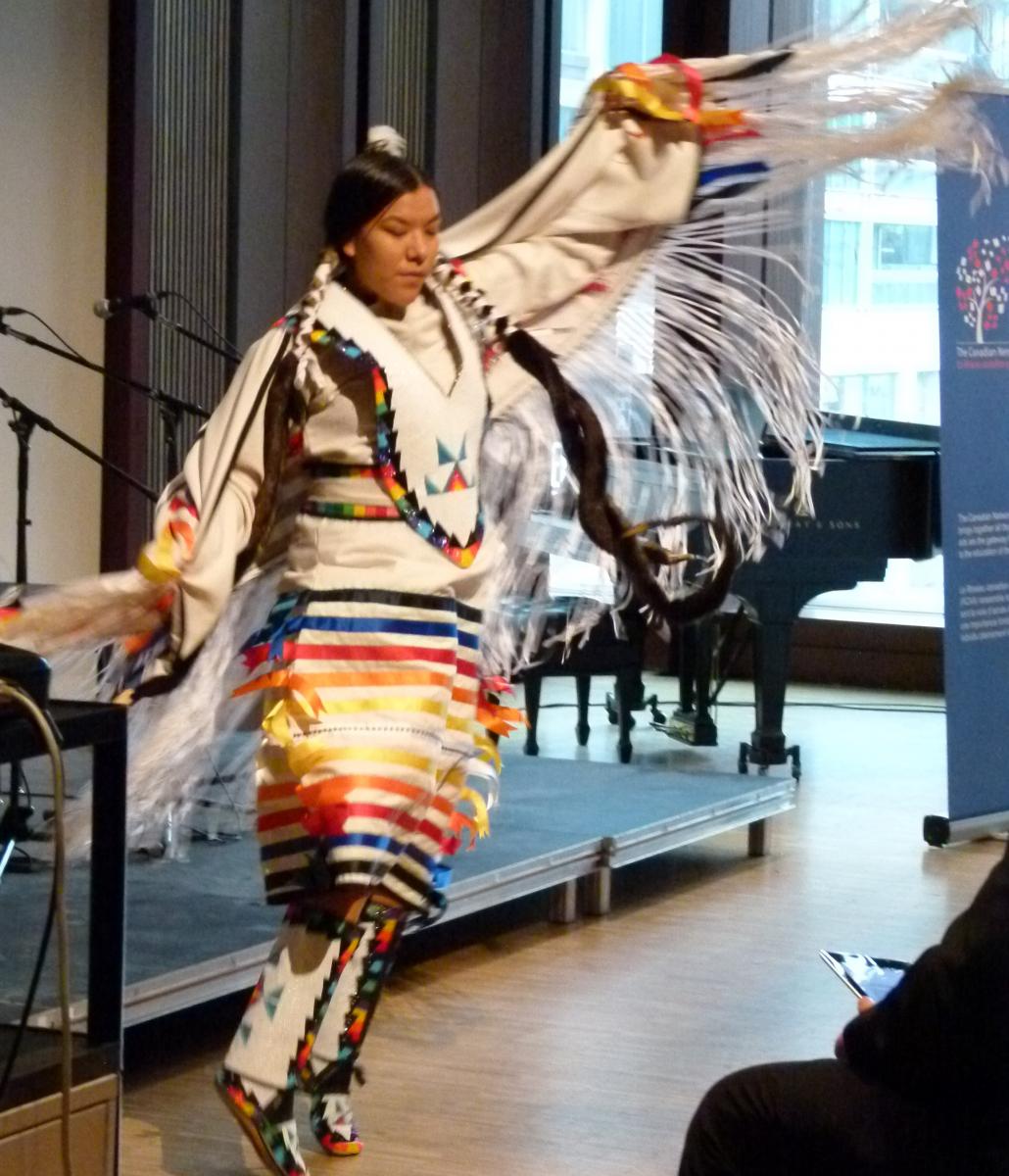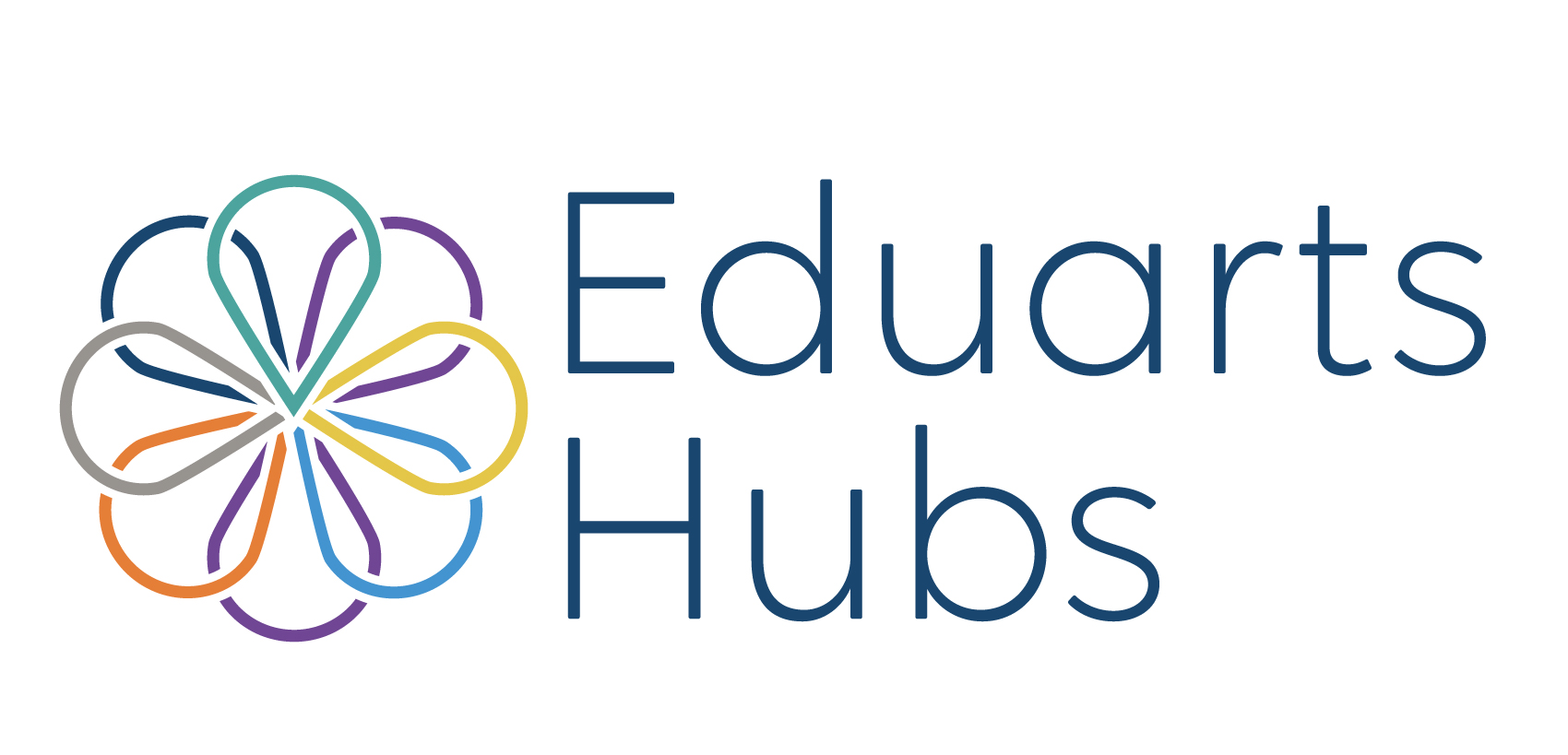Purpose
The program supports professional theatrical exploration, creation, development, production and presentation, regardless of theatrical tradition, as well as initiatives that benefit the Ontario professional theatre community. The program has five categories:
- Creation: contribution to the artistic fees of initial exploration and development of a theatrical project or idea, for research, exploration and experimentation.
- Creation in Residence: contribution to the artistic fee for a residence, with a professional not-for-profit Ontario theatre company, in playwriting or other methods of creation.
- Development Workshops: contribution to the costs of a workshop or similar development projects; projects must include some form of public presentation. Artists or groups invited to present their work at a festival should apply in this category or in the Productions category.
- Productions: contribution to the costs of single productions, including shared-production models. Artists or groups invited to present their work at a festival should apply in this category or in the Development Workshops category.
- Festivals/Initiatives: contribution to the costs of festivals (festival organizers apply in this category), or the costs of artists or arts professionals participating in initiatives that significantly benefit the professional theatre community at large, including presentations, series, conferences and other public forums, professional development for theatre professionals, administrative collaborations, and other activities. They cannot be related to a single production.
Note: Projects can happen in any language except French, although applications must be submitted in English. For projects in French, see Théâtre – projets francophones.
Priorities
- The program gives a higher priority to Canadian work.
Deadline dates
February 7 and August 1, 2024 1 p.m. ET
- The application form will be available in Nova about two months before the deadline.
- You will find out whether you got a grant about four and a half months after each deadline.
Grant amount(s)
- Creation: maximum $5,000
- Creation in Residence: maximum $10,000
- Development Workshops: maximum $15,000
- Productions: maximum $20,000
- Festivals/Initiatives: maximum $15,000
Important:
- Due to the number of applications received and the limited funds available, grants awarded may be smaller than the amount requested.
- The OAC will not fund 100 per cent of a project except in the Creation and Creation in Residence categories. Applications in the Development Workshops, Productions and Festivals/Initiatives categories require other revenue sources, including OAC funding.
Recent changes
- The application questions and evaluation rubric have been reworked to better align with OAC’s current strategic plan.
Eligible applicants
- professional theatre artists who are residents of Ontario
- ad hoc groups and collectives composed of a majority of Ontario residents
- not-for-profit organizations based in Ontario that produce or present professional theatre
- organizations must have a head office in Ontario
Read the Guide to OAC Project Programs for more eligibility information.
Ineligible applicants
- non-professional applicants
- current recipients of an operating grant in the Theatre Organizations program
- current recipients of an operating grant in other OAC operating programs, with the exception of organizations mandated to serve one or more of OAC’s priority groups.
- municipalities, colleges and universities
What this program funds
Eligible projects must:
- in the Development Workshops category, include some form of public presentation.
- in the Development Workshops, Productions and Festivals/Initiatives categories, include a range of revenue sources, including OAC funding.
Eligible activities include:
- artistic research, exploration and experimentation
- playwriting and other methods of creation, either in-residence with a professional not-for-profit Ontario theatre company, or independently
- workshops and other development projects
- single productions, including shared-production models
- festivals, presentations and series
- professional development for theatre professionals, administrative collaborations, conferences and other public forums
This program also supports:
- childcare and other dependant care fees enabling individuals to take part in the project (this does not include regular, ongoing expenses)
- expenses related to making the project accessible to audience members and project participants (other than the applicant) who are Deaf or have a disability
Note: Applicants to this program who identify as Deaf or as having a disability may apply for supplementary funds for their own accessibility expenses through Accessibility Fund: Project Support.
What this program does not fund
- events or activities that take place outside of Ontario, except for the Creation category, where events or activities taking place outside of Ontario are eligible
- amateur, pre-professional or student productions or projects
- activities in French (see the Théâtre – projets francophones program)
- tours (see Touring and Circulation Projects)
- major capital expenditures, including buying, leasing or renovating buildings and purchase of major equipment
Activity timing
The activities for which you are requesting funding:
- cannot start before the deadline.
- cannot finish before you receive your grant results.
- must be completed no more than two years after you receive the grant results.
Final report requirements
If you receive a grant, you must complete the project and submit a final report in Nova. See Terms and Conditions – receipt of OAC project grant funds for more information on reporting obligations.
In your final report, you will need to provide:
- a description of the project undertaken and its outcomes, including details on any approved or minor changes to what had been outlined in the application
- a final budget
- If the budget you submit shows a surplus of more than $250 (revenues as compared to expenses), you may be required to repay the surplus amount to OAC.
- documentation and/or an explanation of how you followed or will follow OAC’s Recognition Requirements for Project Grant Recipients
- This should include samples of any promotional or other materials produced for the project that show the OAC and Government of Ontario logos. Read logo guidelines
- This could also include social media screenshots or a description of how you recognized OAC or plan to do so in future activities or materials tied to the project.
To apply
Complete and submit an application in Nova, OAC’s online grant application system. You will be able to do this approximately two months before the deadline.
Before applying, be sure to:
- read the Guide to OAC Project Programs for basic eligibility requirements and other restrictions
- create or update your profile in Nova
Your completed application will include:
- basic information about the project
- your answers to application questions
- a project budget
- artistic examples – minimum one and maximum three items, as most relevant to the project:
- script sample of past or current work, (mandatory, except for applications in the Festivals/ Initiatives category, works by Shakespeare, and non-scripted works; maximum 15 pages)
- audio or video sample of past or current work, (mandatory for music theatre projects or for non scripted works, maximum three minutes)
- Images of past or current work (optional, maximum 6 images which count as one artistic example)
- This video may help: Preparing Effective Support Material for Theatre, Dance and Performance-Based Multi and Inter-Arts
- support documents:
- CVs, résumés or bios of key artists (maximum eight pages) (mandatory)
- support letters and/or reviews (maximum six pages) (optional)
- for projects with shared production models in the Development Workshops or Productions categories: agreement with producing partner (maximum four pages) (mandatory)
- in the Creation in Residence category: letter from host theatre company (maximum two pages) (mandatory)
- in the Festivals/Initiatives category: other relevant documents of your choice (maximum three pages) (optional)
Complete instructions and requirements are in the application in Nova.
For information on how assessors rate applications see the Guide to OAC Assessment and the Evaluation Rubric – Activity Projects.
For details on creating a profile or submitting an application in Nova, see the Nova User Guide.





